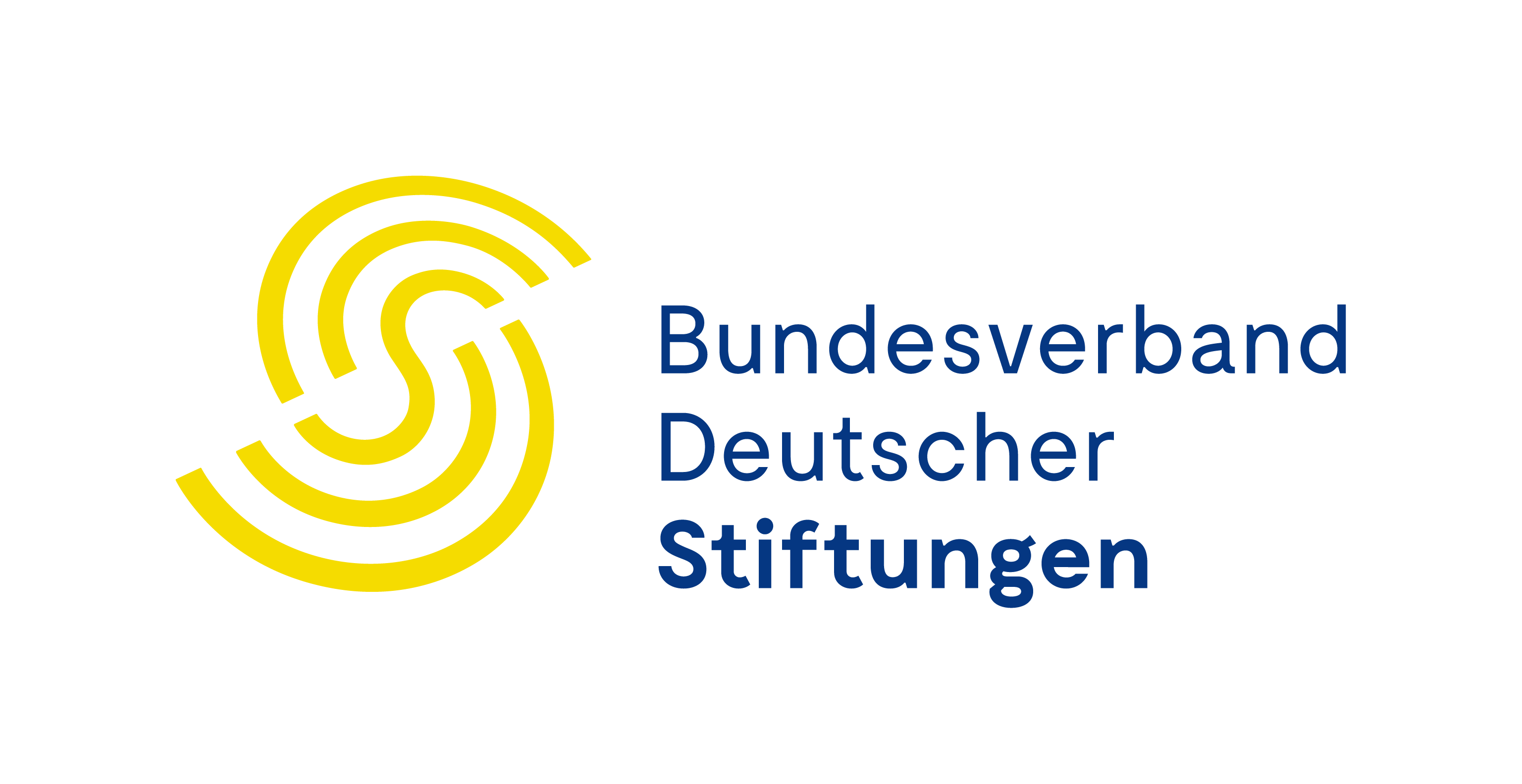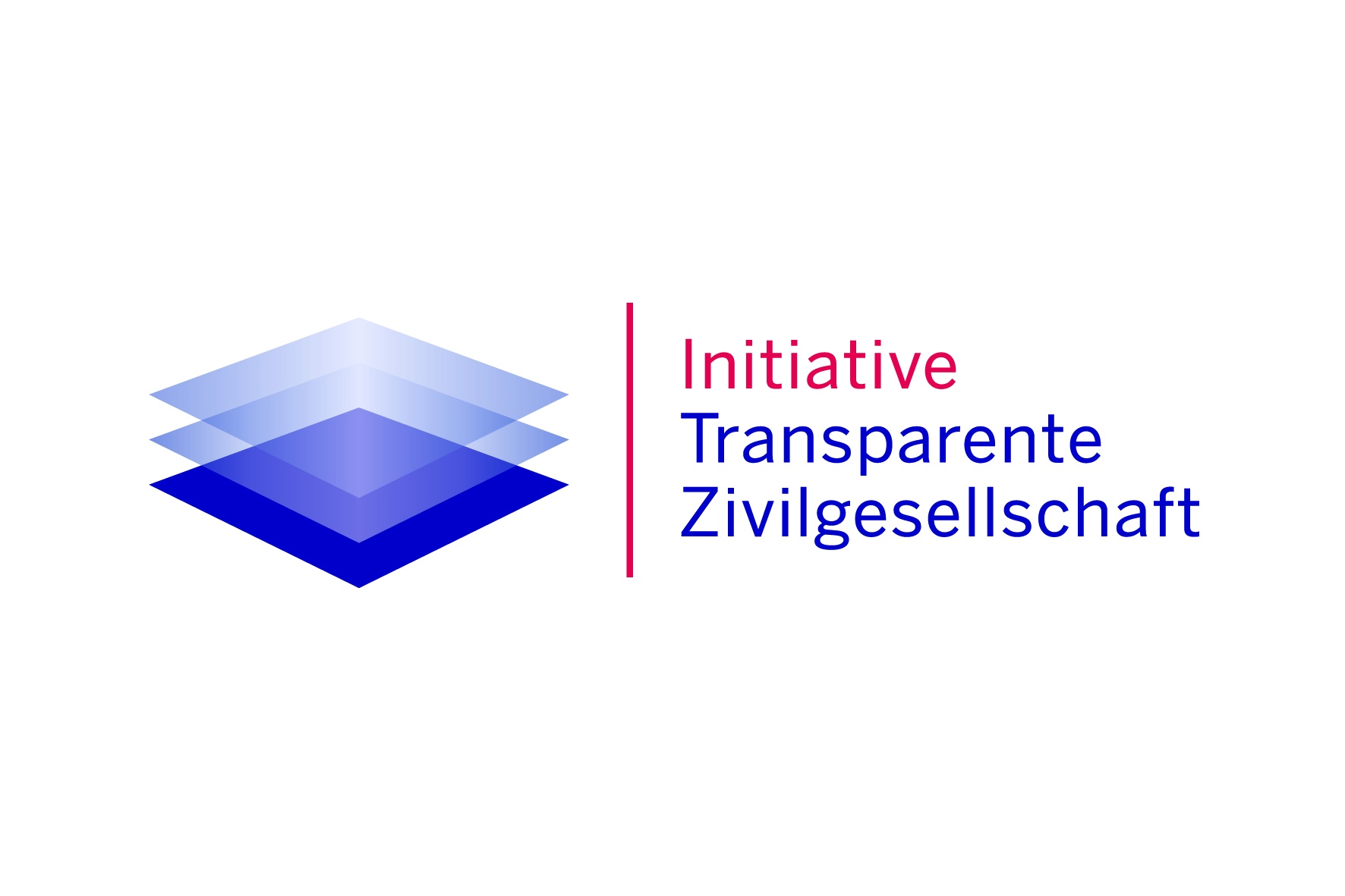Especially in developing countries, tourism creates much needed jobs and stabilizes the (local) economy. One of the main goals of our non-profit organisation is to give young adults the opportunity to start a career in the hotel industry in their home country.
However, this is only a long-term solution if the hotel businesses can hold its position in the market and the jobs are secured. For this reason, we see great benefit in recognizing industry developments at an early stage and acting accordingly. One of our research projects is therefore focusing on the question of what hotel guests will expect from a hotel room in five years’ time, in order to pass on the findings to our respective partner countries.
The fast pace of our society has also affected the development of hotel rooms. We have already seen rapid changes in the past few years: Trends that were coming and going, but also innovations that stayed. At the same time, we noticed that the topic of “information technology” is still in its infancy in the hotel industry.
There are several reasons for this. The growth of the economy segment in response to guests’ demand for “low” prices certainly plays a role. Reduction to the essentials in both hotel construction and hotel furnishings has been the premise for some time. With the greatest respect, we would like to mention the B&B brand as an example. This has been a perfection in covering the basic needs of the guest while putting them in a reasonable relation to the room price and location.
The European market is also influenced by the significant guest demand for data protection. Compliance with the standards involves a high administrative as well as development effort. This is particularly noticeable after the expiration of the transition period this year to the new data protection regulation.
Last but not least, any investment in upgrading technology also means reducing returns, which large, traditional companies in particular have to watch out for their investors.
This is why many people shy away from a start-up mentality and the associated willingness to take risks and forego high returns (sometimes for years). However, this step can definitely work and lead to greater success in the long term. Possibly the most prominent example we can mention is the Online Travel Agencies (OTAs). The distribution of reservations could look very different today if hotel groups had already built their own digital booking platforms before the OTAs. It would have literally paid off for the entire industry to go ahead instead of running behind.
With our research project, we want to be ahead of our time. What approaches are we taking here? A central keyword is the Smart Hotel. More and more smart technologies are moving into guests’ private homes, which people quickly get used to and don’t want to miss during a hotel stay.
In practical terms, this can be implemented in different ways, e.g. via a tablet in the room, opening the room door using the smartphone or a touchscreen integrated in the bathroom mirror. In this context, we ask ourselves the following questions:
- What does the guest want or need?
- What can be implemented technically?
- How can this be implemented in an economically sensible way?
The priority is first and foremost the guest and his wishes. Far too often, costs are given a higher priority. But in the end, hotels will only be able to sustain themselves if guests choose them and do not fall back on alternative offers – and that requires change. A real hotel room in Germany is used to test the innovations. Actual hotel guests will spend the night in it. We use the feedback from these guests as an opportunity to review and adjust the findings.
This is a process that is always ongoing – in line with the motto “standstill is regression”. Our research project is thus designed to be continuous.
In this respect, our non-profit organisation sees itself as a platform for thought-provoking ideas. The recommendations to hotels based on the research are constantly updated.
You find this exciting? Then participate and join us!





